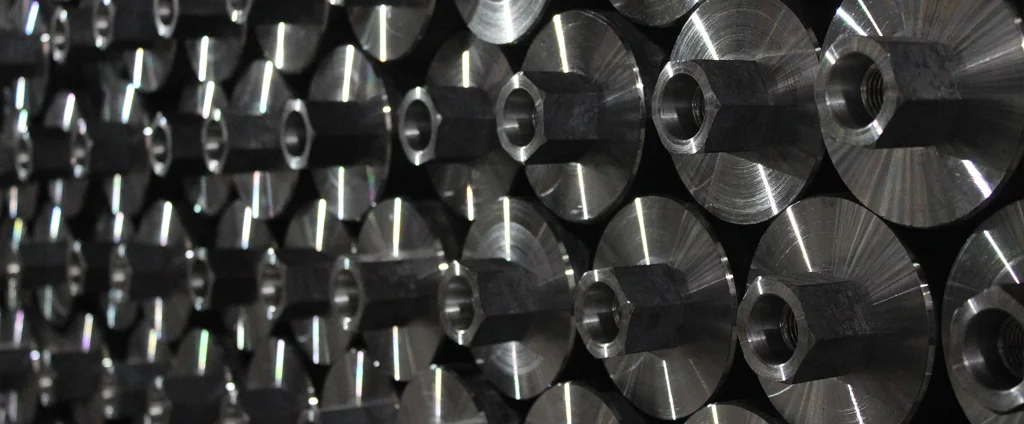SAE/AISI 9260 Alloy Steel (UNS G92600)

SAE/AISI 9260 is a versatile spring steel alloy valued for its high strength, excellent toughness, and good corrosion resistance. It offers a balanced combination of hardness and workability, making it ideal for critical applications such as leaf and conical springs, aircraft components, bridge supports, and railway equipment.
| Chemical Composition | ||
|---|---|---|
| Element | Min | Max |
| Iron | 96.08% | 96.89% |
| Carbon | 0.56% | 0.64% |
| Manganese | 0.75% | 1.00% |
| Phosphorous | —— | 0.035% |
| Silicon | 1.80% | 2.20% |
| Sulfur | —— | 0.04% |
The following table provides a list of SAE/AISI 9260 properties in both SI and US customary/Imperial units.
Click on the button to switch between Metric and Imperial units.
| Physical Properties | Metric |
|---|---|
| Density | 7850 kg/m3 |
| Mechanical Properties | Metric |
| Tensile Strength (Ultimate) | 770 - 1525 MPa |
| Tensile Strength (Yield) | 440 - 1149 MPa |
| Young’s Modulus (E) | 190 - 210 GPa |
| Bulk Modulus (K) | 140 GPa |
| Shear Modulus (G) | 80 GPa |
| Elongation at Break | 11 - 22% |
| Poisson’s Ratio (ν) | 0.27 - 0.30 |
| Brinell Hardness | 184 - 235 |
| Electrical Properties | Metric |
| Electrical Conductivity | 4.29×106 S/m |
| Electrical Resistivity | 2.33×10-7 Ω·m |
The values in this table are approximate and can vary depending on various factors such as the specific manufacturing process and heat treatment applied to the alloy.
Advantages & Disadvantages of 9260 Alloy Steel
| Advantages | Disadvantages |
|---|---|
| High strength and hardness | Limited corrosion resistance |
| Excellent toughness and durability | Relatively low wear resistance compared to some other steels |
| Good impact resistance | May require special heat treatment for optimal performance |
| High fatigue resistance | Higher cost compared to lower-grade steels |
| Versatile and widely used for various spring applications | Limited availability in some regions |
Applications of 9260 Alloy Steel
AISI 9260 steel is widely employed in applications requiring superior strength, toughness, and reliable spring performance, including:
- Automotive Springs: Widely used in manufacturing suspension components and leaf springs, its resilience and ability to withstand high-stress dynamic loads ensure vehicle stability and durability.
- Coil Springs: Utilized across automotive, machinery, and equipment industries, coil springs made from this alloy offer reliable performance and long service life in suspension systems, valves, and clutch springs.
- Tool and Die Springs: Employed for applications with repetitive loading and high impact forces, such as stamping dies, molds, and heavy-duty machinery, due to its high strength and toughness.
- Agricultural Equipment: Used in springs and components for tractor suspensions, tillage tools, and harvesting machinery, where durability under heavy loads and fatigue resistance are essential.
- Sword and Knife Making: Favored for its strength, flexibility, and durability, it can be heat-treated to achieve specific hardness levels for blades requiring impact absorption and force distribution.
- Industrial Springs: Suitable for valves, door latches, garage door springs, heavy machinery springs, and other components needing dependable, long-lasting spring properties.
